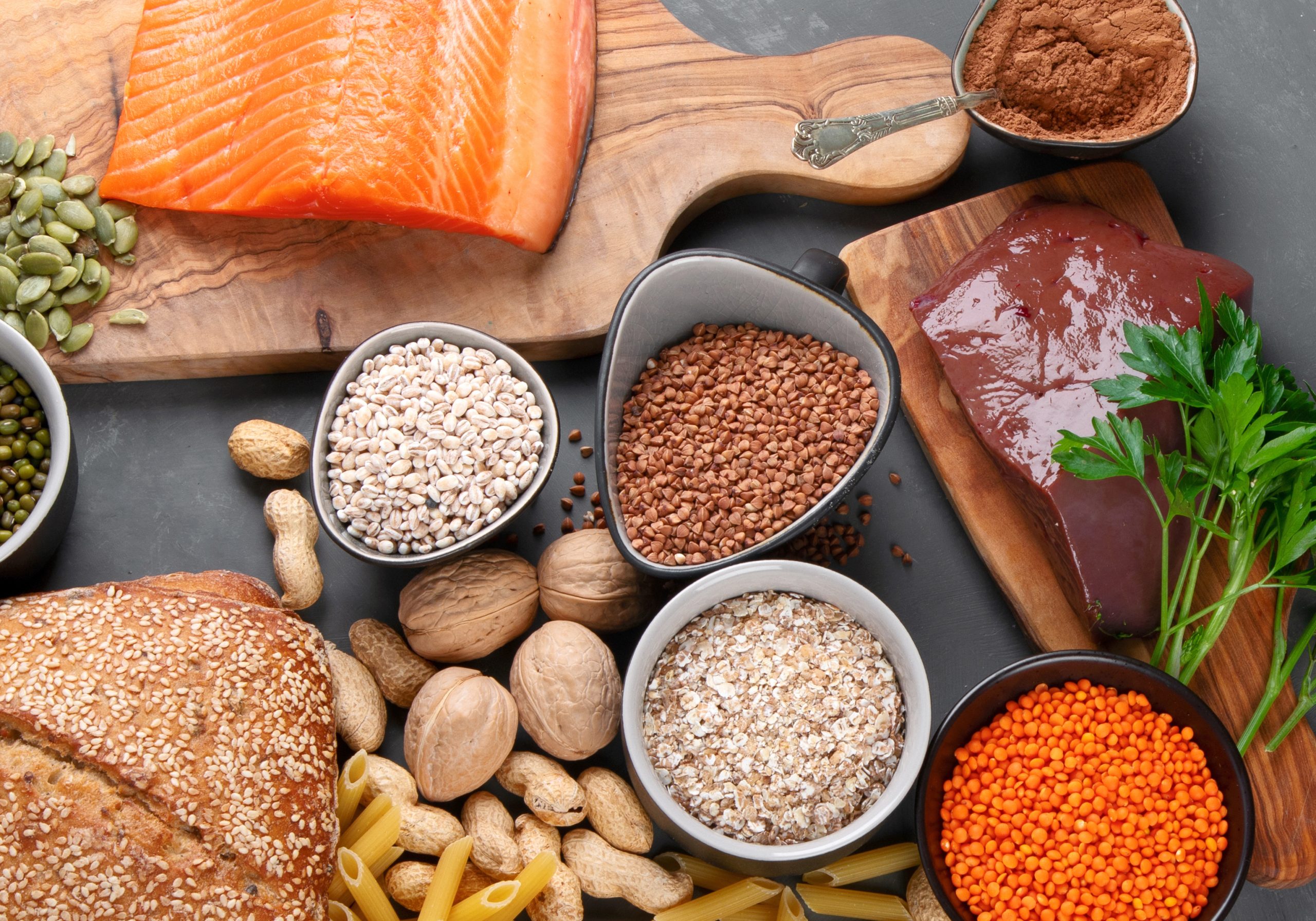Copper is a trace mineral that plays an important role in the development and maintenance of the immune system, energy production and iron metabolism. It assists in the development of connective tissues and the development of brain signaling components.
Digestion, Metabolism and Absorption
The two main sites of copper absorption are the stomach and duodenum (a part of the small intestine). The amount of copper you absorb is determined by the amount of copper in your diet, therefore the more copper you consume the greater percentage of copper absorbed. Once absorbed, copper will then move into the bloodstream where it then moves to where it is required in the body. Copper absorption can also be affected by:
- Gender – women absorb copper better than men
- Food source – copper absorption is higher in individuals who eat animal protein compared to those following a vegetarian diet
- Zinc – can inhibit copper absorption in the intestine
Importance
Copper plays an essential role by being a cofactor for various enzymes (a protein that speeds up chemical reactions in the body). It is a cofactor for enzymes involved in:
- Energy production
- Iron metabolism
- Neuropeptide (protein type molecules in the brain) activation
- Connective tissue formation
- Neurotransmitter (a chemical messenger that helps to take messages from our nerve cells to other target cells) synthesis
In addition to being a cofactor for many important enzymes in the body, copper also plays an essential role in:
- New blood vessel formation
- Gene expression control
- Maintaining the balance of neurohormones (hormones that stimulate the nervous system)
- Brain development
- Maintaining a healthy immune system
- Skin pigmentation
- Protecting the body from free radicals (unstable molecules that can damage the body)
Food sources
Copper can be found both naturally in certain foods and as a supplement. Foods rich in copper are the following: avocado, beef liver, cashews, chickpeas, crab, dark chocolate, potatoes with the skin, salmon, sunflower seeds, turkey and tofu.
Deficiency and Excess Intake
Your body helps to control the amount of copper that you have in the body by strictly controlling the amount of copper absorbed in the small intestine and the amount of copper released by your liver into your bile. This strict control helps to protect the body from both copper deficiency and toxicity. Therefore, the likelihood of a copper deficiency is very rare but if it does occur then it may result in:
- Anaemia
- Hypopigmentation, which results in patches of skin that are lighter than your general skin tone
- High cholesterol
- Connective tissue related disorders
- Osteoporosis (weak and brittle bones)
- Bone disorders
- Irregular fat metabolism
- Ataxia (a degenerative disease that affects the nervous system)
- Increased risk for infection
Based on your body’s ability to strictly regulate the amount of copper in your body, the risk of copper toxicity is very low and does not often occur in individuals who haven’t inherited a problem causing problems with copper homeostasis. If copper toxicity does occur then it may result in liver damage and numerous gastrointestinal side effects such as stomach cramping, nausea, vomiting and diarrhoea.
To find out if you have a higher copper requirement according to your genes, make the better choice and choose ImmuwellgxTM+.

